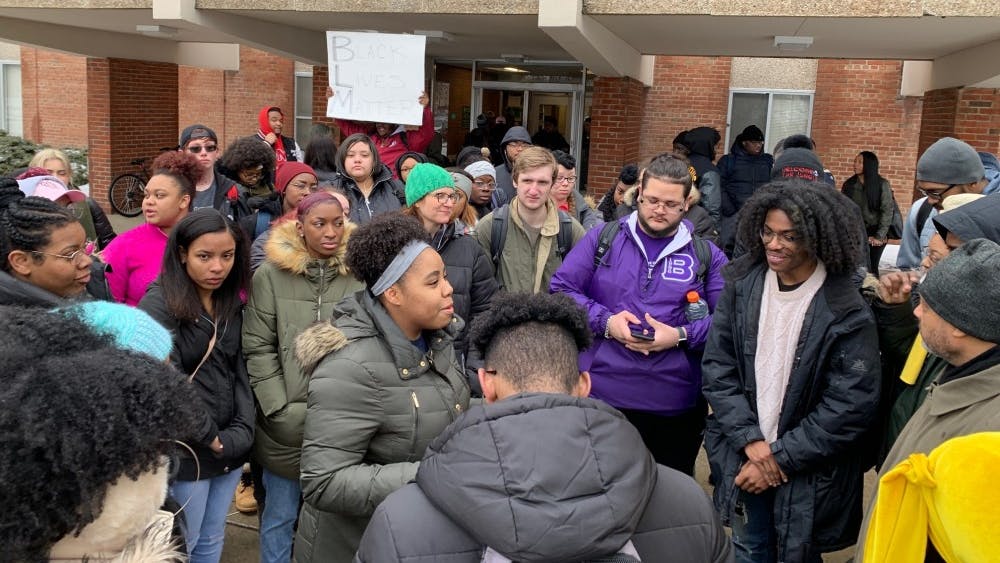Have you ever had a moment where you take a step back and think to yourself, “In what ways is this person benefitting my life anymore?” If you’ve experienced this analysis, you may understand what it’s like to be apart of a toxic relationship. You may feel like you’re walking on eggshells around this person or you’re putting time, energy and money into the relationship only to get little to nothing in return. You feel trapped, stuck lingering because you cling to the hope that things will get better with time. Then, before you know it, you’re mentally and emotionally drained from trying to pump life into something that’s already dead.
Whether it be a friend, a partner or a family member, not all relationships are meant to last. Regardless if they were built on a rocky platform or if things started great then turned sour, sometimes things simply aren’t meant to last forever. Not all abusive relationships leave bruises or physical wounds. Some abusers leave their marks on a persons mind, heart and soul.
The tricky part about toxic relationships is most of the time you still have a great deal of love towards the other person, so you dismiss their abuse, make excuses for them, give them chances or simply live in denial. You linger, hoping things will change because the love you have for them keeps you going but it’s not worth the continuous pain and disappointment you bring upon yourself. You can still love someone and wish the best for them and understand that they are not beneficial to you anymore. You don’t have to hate every person who comes and goes in your life, just accept that you need to take care of yourself first.
There is a whole checklist you can go through to identify red flags of unhealthy relationships, even though deep down you probably already know. The simplest way is just taking a step back and asking yourself some objective questions, including, “Am I happy when this person is here?” “Does this person make me feel insecure, crazy or ashamed?” and “Would I be happier without this person’s comments/actions?”
If you’re still having a hard time setting aside your emotions and objectively deciding if this relationship is worth it, there are common signs to look out for: Undermining your growth, success and confidence, manipulating you with fear or shame, diminishing your self-esteem, holding you back and gaslighting and calling you unstable or crazy. All of these tactics are used by abusers to push down their victim and establish their superiority over them. Whatever it may be, you know when someone isn’t good for you. And as impossible as it may seem, you need to leave before you dig the hole too deep and trap yourself even more.
In my advice, the best way to get out is open communication, and if no change, cold turkey. Leave them without any second chances. Unfollow or mute them on social media and focus on yourself for awhile. Most likely, you have already voiced your unhappiness to this person before and even if you haven’t, they are aware of the harm they are doing to you. Knowing you won’t actually leave, they won’t actually change. The more you hold on and wait, the more you’re holding yourself back from your own growth. You don’t want someone in your life who makes you ashamed of your past, discouraged of your future and insecure of your present self. If you have already tried to communicate and nothing has changed, you need to simply do yourself a favor and leave.
It’s terrifying and heartbreaking to feel like you are “leaving someone behind,” but you should always put yourself first. You can still love someone from afar and silently root for them but understand that your relationship has ran its course and you are happier without them. Finding comfort in this mindset and putting yourself first, as well as giving yourself proper time to heal, can prevent you from getting into another toxic relationship by noticing the red flags and continue doing what’s best for you without getting trapped again under someones thumb.
If you or someone you know may be apart of an abusive relationship, contact the Domestic Abuse Hotline at 1-800-799-7233 or here.









